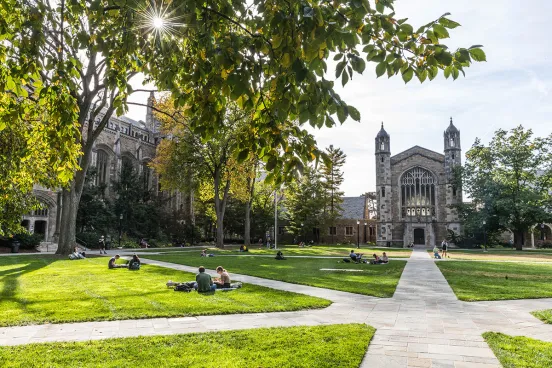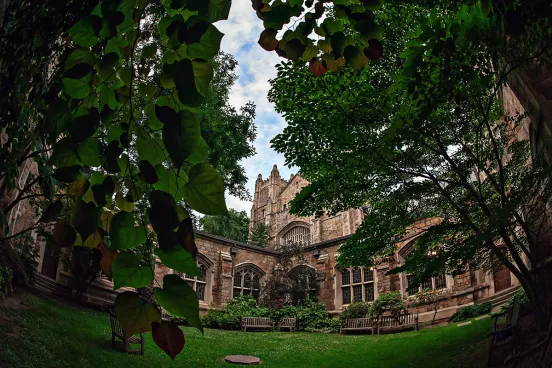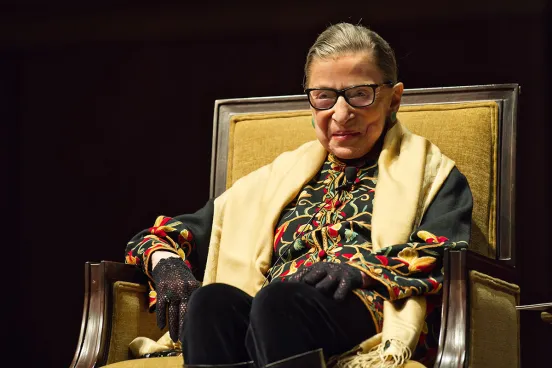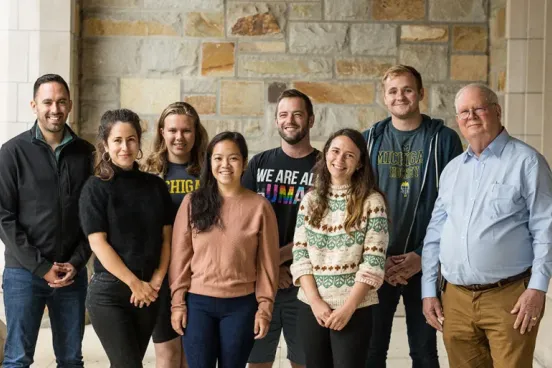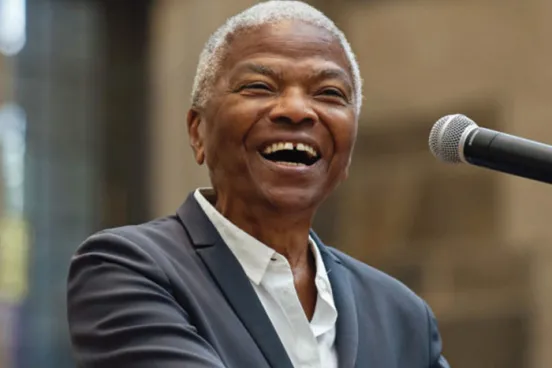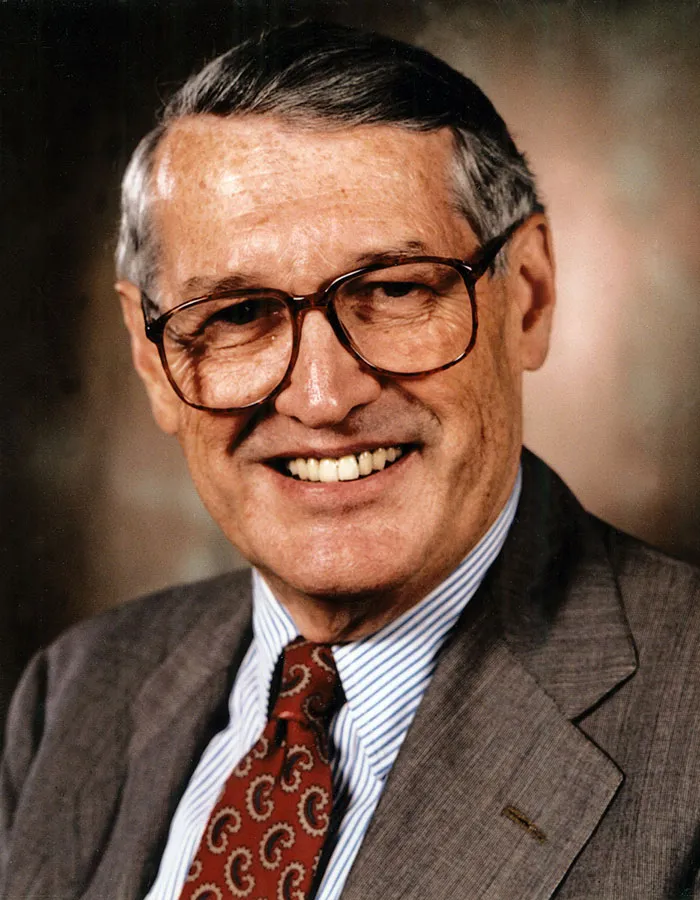
In honor of one of the Law School’s most legendary professors, the U-M Board of Regents has approved the creation of the Theodore J. St. Antoine Collegiate Professorship at Michigan Law. Professor Richard Primus was named the inaugural chairholder.
St. Antoine joined the Michigan Law faculty in 1965 and served as dean from 1971 to 1978. He then returned to the faculty and served until his retirement, although the professor emeritus can still be seen frequenting the Law School. St. Antoine is one of the preeminent scholars in the field of labor and industrial relations and is coauthor of one of the most successful and respected labor law casebooks, Labor Relations Law: Cases and Materials.
“Ted’s legacy at the Law School is practically unparalleled,” says Dean Mark West. “Establishing a professorship in his name is a fitting tribute for a man who, in addition to being a giant in his field,
taught and mentored countless students—and at least one dean—over four decades.”
Affectionately known by his former students as “the Saint,” St. Antoine’s brilliance, wit, and warmth left an indelible impression on his students—including more than two dozen alumni working at Seyfarth Shaw LLP, an international law firm known for its labor and employment law practice. Led by Camille Olson, ’83, of Chicago and Ray Kepner, ’77, of Pasadena, California, Michigan Law graduates at Seyfarth Shaw have made gifts totaling more than $250,000 to establish the St. Antoine Collegiate Professorship. Others who made significant contributions to the effort include Bill Dritsas, ’80, Diane Dygert, ’87, Brad Livingston, ’79, Rob Whitman, ’89, and Ken Youmans, ’74.
“We are blessed to have many outstanding professors at Michigan Law,” explains Olson. “What made Ted special was that he conveyed in real terms how all the issues we discussed in class affected individuals in all sectors of society. He showed how far-reaching our impact could be if we pursued careers in employment law.” Olson had come to Michigan with the goal of becoming a criminal defense attorney, but St. Antoine’s approach steered her into a specialization in employment law. She notes that the man who literally wrote the book on employment law is a household name in her line of work. “Wherever my work takes me, if Michigan Law comes up, someone always mentions the Saint. People on all sides of the table respect him greatly, which is a rare gift.”
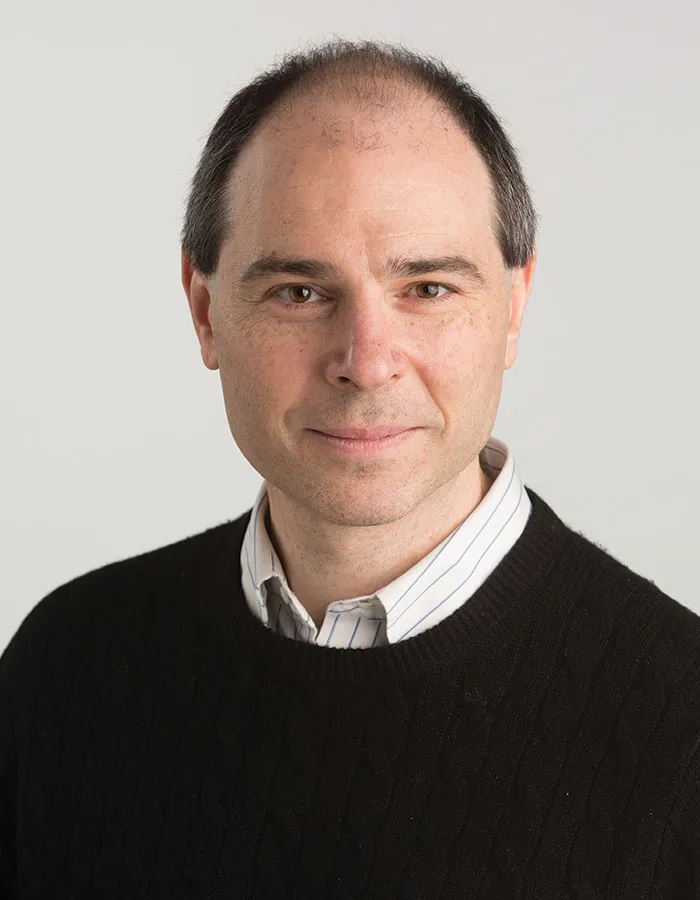
Primus says he was “surprised and delighted” to learn of his appointment to the St. Antoine chair. “When I first arrived at Michigan as a junior faculty member, my office was next to Ted’s,” Primus says. “He took me to lunch, gave me my first Michigan football ticket, and was unfailingly welcoming.”
Primus joined the Law School in 2001 and teaches Introduction to Constitutional Law I and II, Equal Protection, and Problems in Constitutional Theory. A popular teacher, he is a four-time recipient of the L. Hart Wright Award for Excellence in Teaching, which is awarded by students. His current work analyzes the uses and limits of originalism in constitutional interpretation, the line between permissible and impermissible forms of race-conscious government behavior under both the 14th Amendment and statutory antidiscrimination law, and the role in the constitutional system of the idea that Congress can act only on the basis of specifically enumerated powers.
“The enumerated-powers idea is Con Law 101,” Primus says. “But there is an enormous gap between the way that idea is traditionally discussed and the realities of federalism, constitutional history, and constitutional text. My job is to bring those realities more prominently into view. I’m very glad to be able to do so now as the St. Antoine Professor, because Ted has always been a wonderful example of a scholar who understands that law and legal scholarship must live in the world of practical reality.”
Through the professorship, St. Antoine’s name will forever live on at the Law School, supporting outstanding scholars like Primus. “I’ve seen Ted’s lasting impact on his students and in our profession,” says Olson. “This was a way to formally recognize all that he has given us.”


